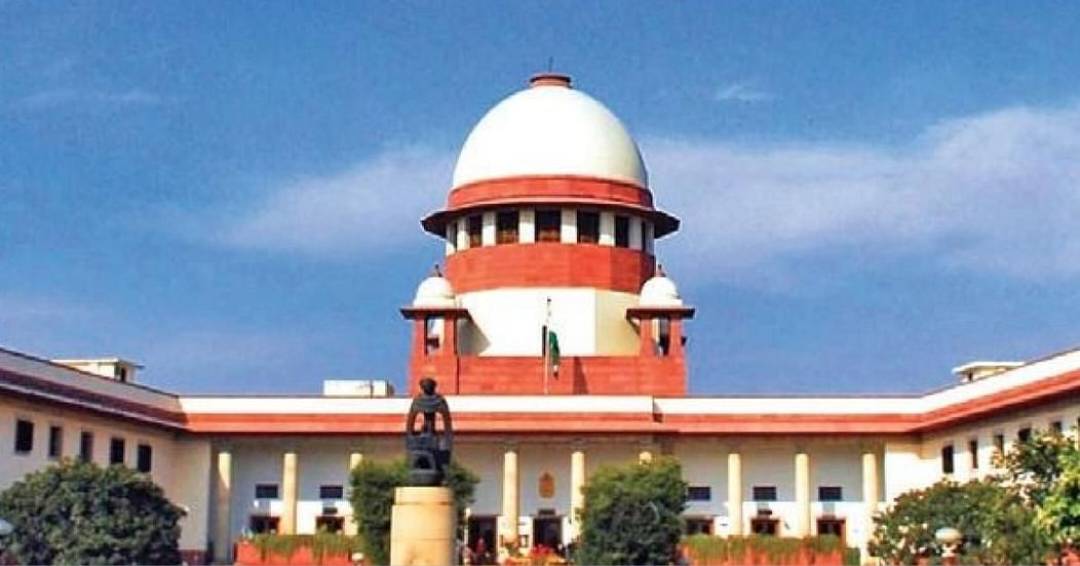
The Supreme Court has decided to form an expert group consisting of representatives from various bodies to study the impact of political party freebies on the economy. The decision was made on August 3, and the matter has been scheduled for further discussion on August 11. The bench, comprising Chief Justice NV Ramana and Justices Krishna Murari and Hima Kohli, has requested the government, Election Commission, senior advocate Kapil Sibal, and the petitioners to submit their suggestions within seven days regarding the composition of the expert body. The aim is to regulate the distribution of freebies by political parties, as highlighted in a Public Interest Litigation filed by Ashwini Upadhyay.
While the formation of the committee may seem promising, many senior law experts believe that it will not have a substantial impact. Senior counsel Rajeev Dhavan questions the committee’s ability to determine the effect of freebies on elections and suggests that enforcing any recommendations would require changes to electoral law, posing practical challenges. Dhavan raises concerns about the committee’s jurisdiction and its potential impact on electoral law and disqualification of parties or politicians involved in distributing freebies.
Senior Supreme Court advocate Sanjay Hegde shares a similar opinion, describing the committee’s formation as a potential “burial by committee” unless the apex court takes action on its recommendations. He emphasizes that the court can only make an informed decision after reviewing the committee’s report.
Anas Tanwir, founder of the Indian Civil Liberties Union (ICLU), highlights that if the Supreme Court is genuinely concerned about electoral reforms, addressing the pending Electoral Bonds case should be the priority. Tanwir believes that the issue of Electoral Bonds has a more significant impact on fair elections compared to the distribution of freebies. He argues that as a welfare state, it is necessary to provide subsidies and “freebies” to meet the needs of the majority of the population.
Vikas Singh, counsel for petitioner Ashwini Upadhyay, suggests drafting a model code of conduct by the Election Commission. Upadhyay’s plea claims that political parties use freebies to lure voters and urges parties to consider the burden of public debt.
Solicitor General Tushar Mehta, representing the Union government, asserts that unregulated populist freebies can distort voters’ informed decision-making and lead to an economic disaster.
Anas Tanwir notes that providing “freebies” is not necessarily a misuse of taxpayers’ money, mentioning the allocation of funds for statues and the Central Vista project.
Kapil Sibal, while offering suggestions, argues that the Election Commission should not be involved in the discussion, as the issue is political and economic in nature, rather than directly related to elections. He proposes that the matter be debated in Parliament.

Post Your Comments